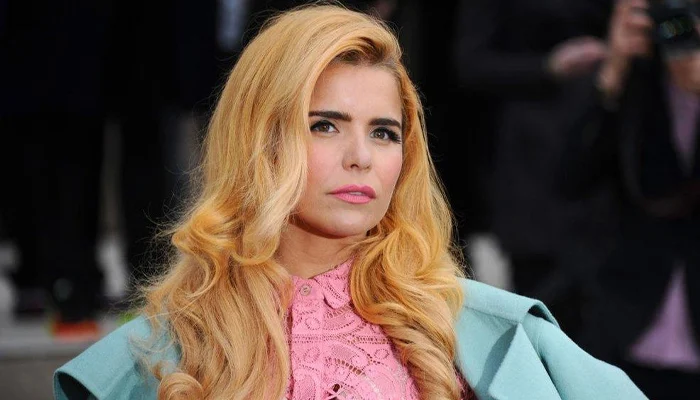LONDON – British singer and songwriter Paloma Faith has opened up about the unexpected and intense psychological impact of participating in the BBC reality show ‘The Celebrity Traitors,’ revealing that she frequently required professional mental health support throughout the filming process.
The 44-year-old artist confirmed to The Sun on Sunday that she was surprised by how much the show affected her personal well-being. “It is not on camera – I went to see them [welfare] all the time. Yeah, it was a therapist,” she stated.
The singer admitted that the high-stakes game uncovered deeper emotional issues. “I definitely learned some things about myself that I thought I had moved on from, from my childhood and everything,” she added.
Faith explained that the show’s premise—a game of deception and trust—is inherently destabilizing. “It is quite unsettling when you feel like everyone you know might not be as trustworthy as they seem – everyone is playing a game and it is hard to rationalise.”
Isolation and Tunnel Vision
The pop star was particularly surprised by the sense of isolation and focus the environment fostered. “I was surprised at the psychological impact on me – I thought that I would be able to keep thinking it was a game but when you get in it you are quite isolated for a long time from the outside world as you are not allowed contact,” she revealed.
She noted that this isolation quickly led to a “tunnel vision” mindset: “It is quite quick that your mind turns towards that tunnel vision and you get quite caught up in it in a way that I wasn’t expecting – I thought I would laugh everything off.”
Concerns Over Editing and Public Perception
Beyond her personal struggle, Paloma Faith disclosed that other celebrity contestants, including high-profile figures like Tom Daley, Clare Balding, and Stephen Fry, share a common anxiety about their public portrayal.
“Everyone who I have spoken to who is on it says they are worried about the edit,” she concluded. Faith’s comments shed light on the pervasive industry concern over editorial control, where a person’s on-screen persona is ultimately decided by the editing team, potentially painting them as “absolutely awful or absolutely gorgeous.” This highlights the ethical dilemma inherent in reality television and the vulnerability of participants to media manipulation.



